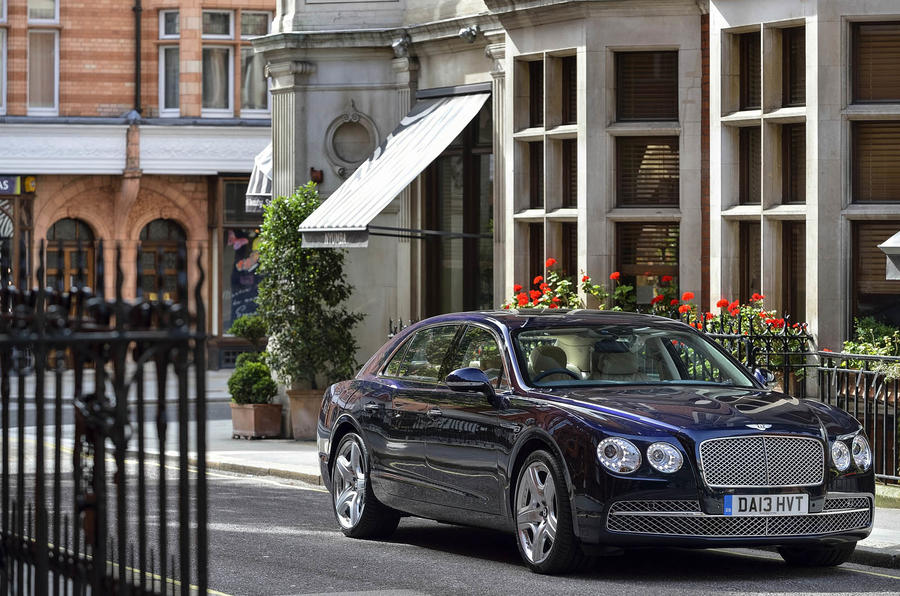Surveying the recent six-month sales reports from luxury car manufacturers, you could be forgiven for assuming that selling vehicles at six-figure prices is child's play.
Hot on the heels of Rolls-Royce proclaiming a 30 per cent rise in sales in the six months to the end of June, Bentley reported a 23 per cent uplift over the same period.
Dig deeper into the sales figures, though, and it's quickly apparent that selling Wraiths and Flying Spurs isn't just a case of sinking into a leather armchair in the back of the dealership and arranging the crisp £50 notes into neat piles.
Ahead of the launch of the revised Continental GT Speed this week, Bentley's sales and marketing chief Kevin Rose pointed out a few of the realities of dealing in the high-end car business.
Although Bentley and Rolls-Royce enjoyed healthy sales increases during the first part of this year, the whole luxury market actually contracted slightly. What's more, key markets such as China are expected to remain static rather than grow massively during the coming months.
Then there's also the issue of volatility. If you sell mid-market hatchbacks or saloons of the kind that appear on company fleets, you can confidently bet that every three years or so those corporate vehicles will be replaced.
But your average luxury car buyer (if there is a such a thing, because they're all as individual as they come) isn't so regular with their buying habits, making it difficult to create long-term forecasts for your model range.
Even using market research to predict the actions of your potential customers is tough, because by their nature the well-heeled folk who buy your cars don't like to engage in marketing or be researched.
What is known, remarkably, is that there is a global pool of about 1.5 million people who have the financial power to buy a Bentley (or alternative similarly priced luxury car) with their monthly salary.
However, the research also suggests only about 50,000 of those would actually consider buying a luxury car – of about $150,000 in price – each year.





Join the debate
Add your comment
luxurious impression
KTA
how money of the car ?
Luxury art?